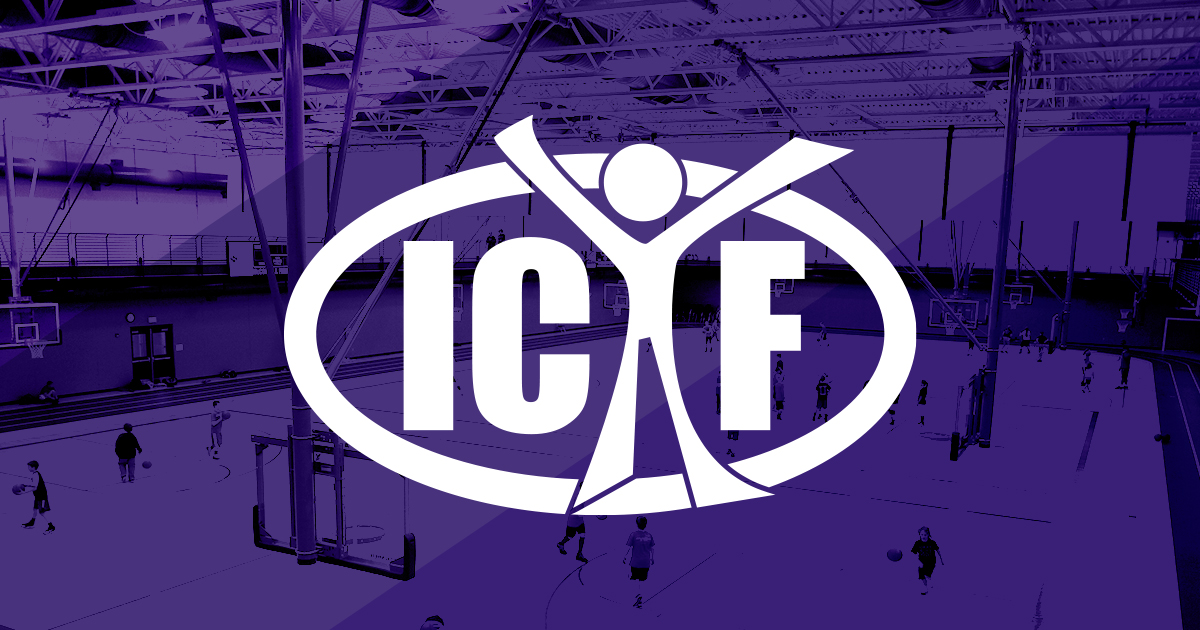The average teen spends about nine hours per day using media for their enjoyment, according to a report by Common Sense Media. Frighteningly, those same teens spend less than an average of 10 minutes a day talking to their parents.
It’s likely that during those nine hours of media consumption your teen is bombarded with thousands of messages about the ‘ideal’ body. These unrealistic and unattainable portrayals of beauty can wreak havoc on your teen’s body image if you’re not careful.
Media Messages Teens Receive About Weight
Movies, commercials, magazines, and websites portray beautiful people as ideal. Underweight models and photoshopped images of perfection are everywhere. Diet products and beauty items send the message that being thinner and more attractive is the key to happiness and success.
The effect can be seen on children at a young age. Research shows children as young as 3 prefer game pieces that depict thin people over those representing heavier ones.
And by age 10, 80% of American girls have been on a diet, according to Common Sense Media.
Social Media and the Quest for Perfection
It’s not just traditional media that places teens under pressure to be thin and beautiful. Social media may have an even more powerful effect on your teen’s body image.
Many teens crave validation from their peers and social media is a quick way for them to gain feedback. Whether a teen posts a selfie on Instagram, or she views pictures of others boasting about their ‘thigh gap’ on Tumblr, social influences can be very powerful.
Some teens spend hours trying to capture a selfie at just the right angle.
Others gauge their appearance based on how many likes their latest Facebook photo receives. The immediate, peer-to-peer feedback can be addictive for those whose self-esteem depends on social media affirmations.
Unfortunately, many teens receive harsh criticism and rude comments on social media. Cyberbullying–or even a lack of response–can be quite damaging to a teen’s body image.
The Consequences of Poor Body Image
The pressure to be thin can have serious consequences.
Research has linked the exposure of images of underweight air-brushed female bodies to unhealthy eating habits and decreased self-esteem. In one study, half of girls ages 16 to 21 said they would undergo surgery to improve their bodies.
Poor body image can lead to even more serious consequences. While some teens develop eating disorders, others experience depression. A 2009 study found that girls who were unhappy with their appearance were at a significantly higher risk for suicide.
Boys and Body Image
It’s not just girls who are subjected to unrealistic media portrayals of beauty. Boys are bombarded with images of six-pack abs and big muscles.
Superheroes and action figures depict these unrealistic body types and start sending boys the wrong messages at a young age.
The pursuit of the perfect body takes a toll on boys. Teen boys may strive for the perfect body by dieting or through compulsive exercise. They may also develop eating disorders or mental health problems stemming from poor body image.
How to Combat Media’s Harmful Effects
It’s impossible to prevent your teen from being bombarded with harmful media images all the time. Smartphones and increased electronic devices mean your teen will see the idealized version of beauty everywhere.
But you can teach your teen to be media literate. Watch TV together and pause shows and commercials to talk about the messages that are being sent. Look at magazines together and discuss the unrealistic images.
Talk to your teen about the tactics advertisers use to sell products. Help your teen spot underlying messages about how a product will make her more attractive.
Discuss the harsh realities that underweight models and overly-muscular stars experience. Talk about the drastic and unhealthy measures many people take to obtain these body types, despite the toll it takes on their health.
Make these topics part of ongoing conversations in your house. Help your teen develop a healthy body image and you’ll reduce the negative impact media and social media will have.


